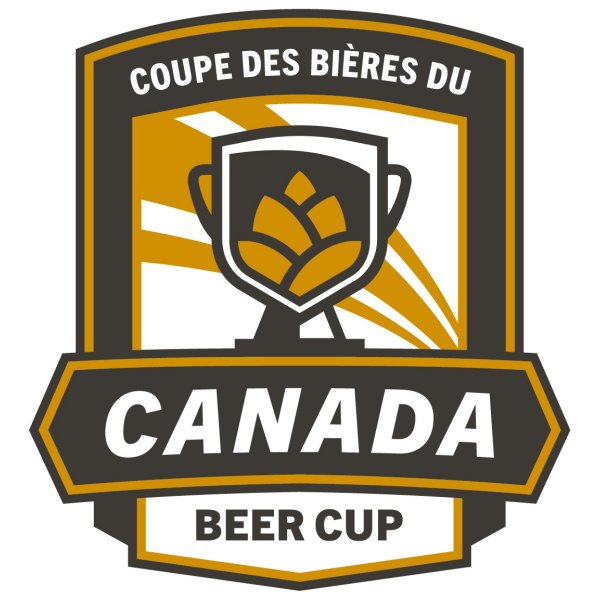It was raining medals as the results of the 2023 Canada Beer Cup were released last week. The second edition of this new competition, sponsored by the Canadian Craft Brewers Association, offered an interesting peak into the state of Canada’s craft beer industry. It had over 1200 entries from more than 250 breweries across the country. I won’t go over the big winners as you can read the full list of winners here. Instead, I will offer some initial thoughts about what the results mean with, naturally, a focus on the prairies.
First up, it was a very good year for prairie breweries (and Yukon, which I long ago adopted). Breweries from the region picked up almost 1 in 4 medals (44 of 198, 17 golds), with Alberta alone picking up 30. Twenty-seven different breweries from the region picked up awards, with 10 winning more than one. Second, it was an EXCELLENT year for Lacombe’s Blindman Brewing, who picked up two golds, a silver, a bronze and silver in Best of Show (for Dwarf Cherry Sour). This follows hot on the heels of their four medal performance (including silver Best of Show) the week before at the Alberta Beer Awards (you can read my take on those here).
Last year’s results were, well, disappointing I think, in particular for Alberta (as I discuss here). This year my take is quite different. I think the entire region did quite well, including 2 silver medals for Yukon Brewing. B.C. was the runaway winner, if we are comparing regional results, with 70 medals (35% of total, up from 46 last year). Ontario was next with 35 (down from 54), then Alberta (12) and Quebec with 30 (40) each. Saskatchewan breweries picked up 7 medals (6), while Manitoba scooped up five (3).
Of course, breweries and not provinces win medals, and you can only read so much from two years of competition results. However I like conducting regional analyses as I think competition results can be a rough proxy for the state of the beer industry across the country. My thesis that Alberta is making a run at being one of the big players continues to gather evidence to support it. There are also multiple signs of slippage in Ontario. Why I won’t attempt to guess here (maybe I”ll open that Pandora’s Box in another post), but across multiple competitions, including the Canadian Brewing Awards, there are some trend lines forming. Saskatchewan and Manitoba, while still smaller industries, do find a way to consistently make their mark.
For a competition this size, I would say the award winners were noticeably concentrated. Forty-nine breweries won more than one medal at the Canada Beer Cup this year. The top 15 breweries (who won three or more medals) picked up 23% of all medals available in the competition. Almost 10% of medals went to four breweries – Blindman (4), Flora Hall (4), Frampton Brasse (5) and Parallel 49 (5). There is no question this is a testament to the quality of the beer being brewed by these companies. But it may also speak to an unevenness across the industry as a whole. We see similar results at the Alberta Beer Awards. It may be simply a sign of an industry that is still in a maturation stage.
What I don’t question in the slightest is that the medal winners are deserved and that every entry received unbelievably high quality feedback. This competition sports the strongest line up of judges I have seen in Canada, including internationally respected judges and a solid Canadian contingent (that said Don Tse must have some incriminating dirt on head judge Stephen Beaumont if he keeps getting included – just kidding Don!).
Finally, as the organizers don’t release the entrants names (appropriately in my mind), my regional analysis has limitations. Some of this discrepancy could be due to breweries in a certain region being more or less likely to enter the competition. This skew could be exacerbated by the fact the Canada Beer Cup is only open to members of the Canadian Craft Brewers Association. There may be regional unevenness in terms of their membership. They do list their members on their website and I have not conducted an analysis on that list so this is, at this point, just speculation.
It is always good to have another competition around to celebrate the best of Canadian craft beer. As a nerd, I also love that there is a growing dataset that can be analyzed. One of these days – you know, when job and life become irrelevant – I hope to do an analysis of medal winners across the major provincial and national competitions to see if there are any interesting patterns. Unless someone wants to pay me to take some time off work, don’t hold your breath – it would be A LOT of work.
Until then, congratulations to all the winners, wherever you may reside.



Leave a Reply